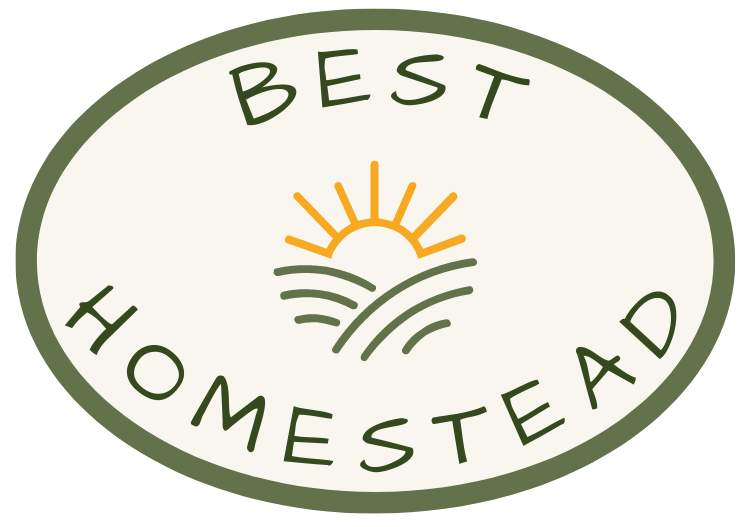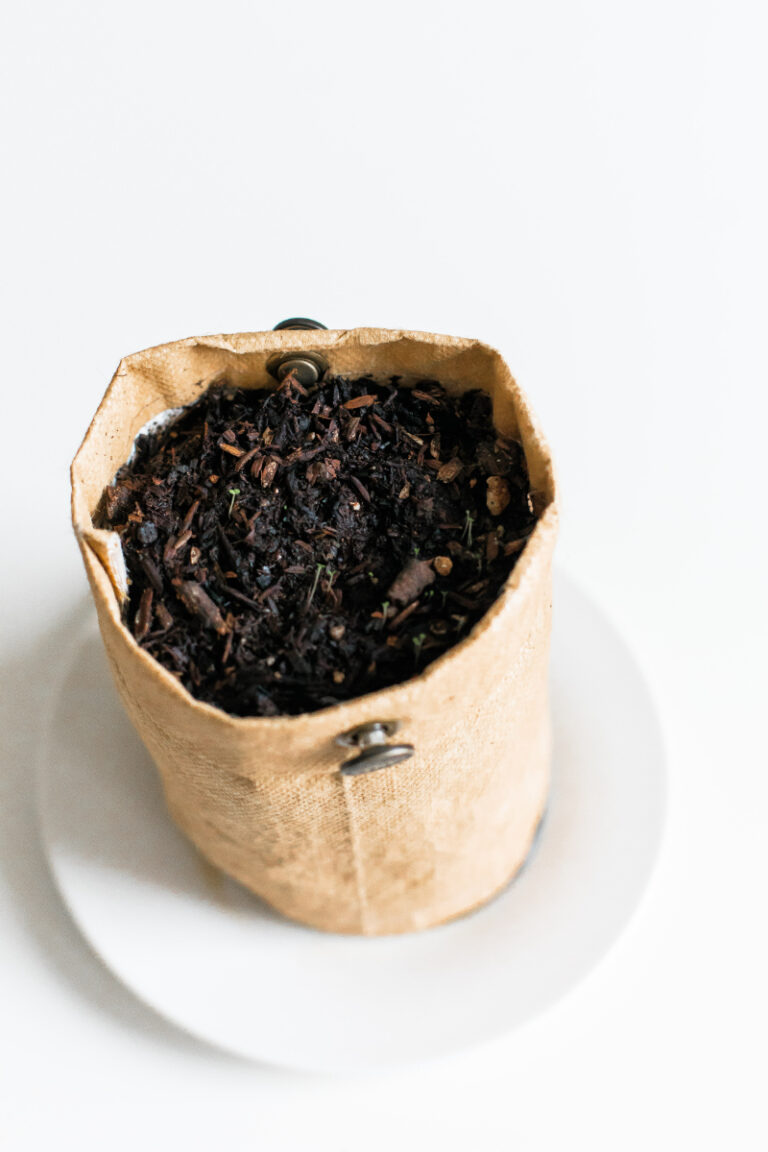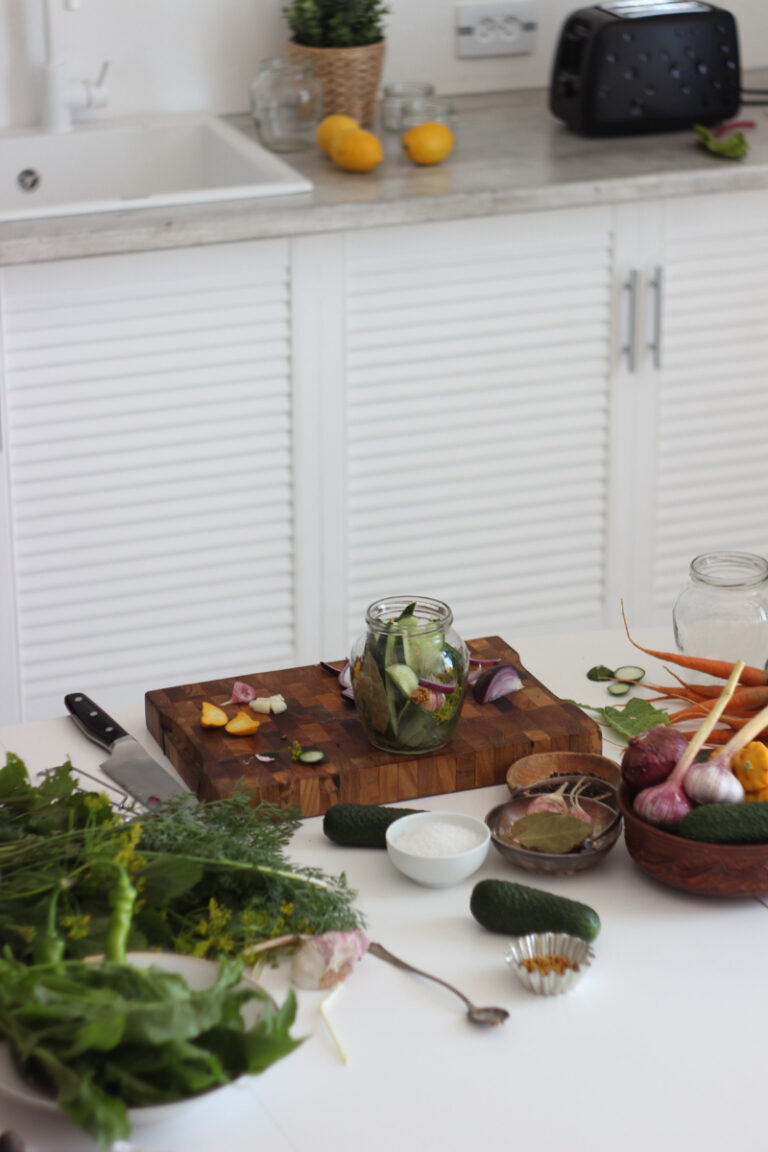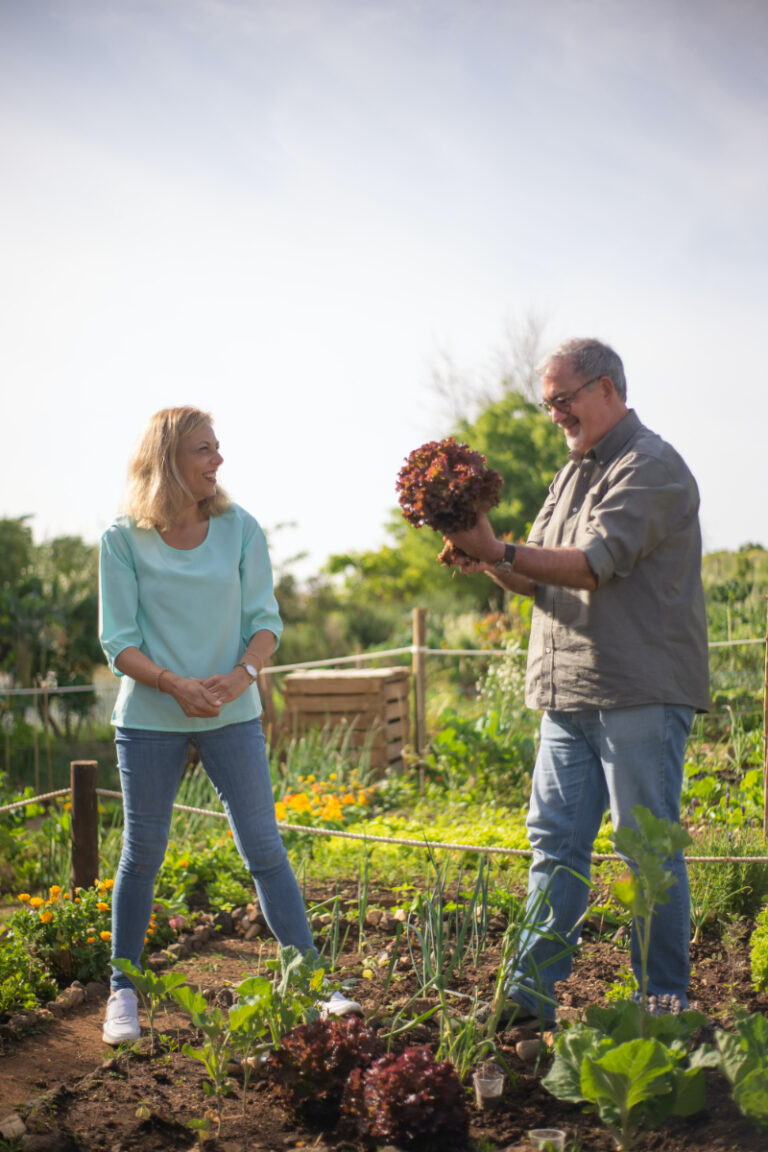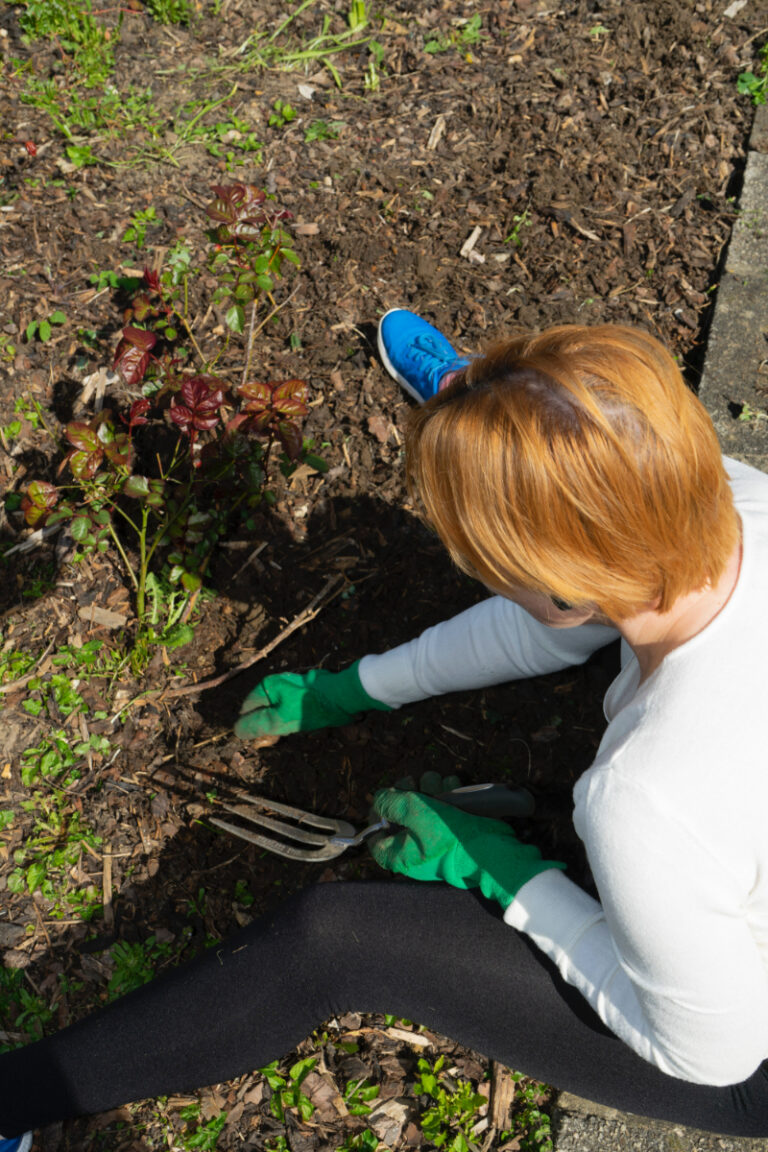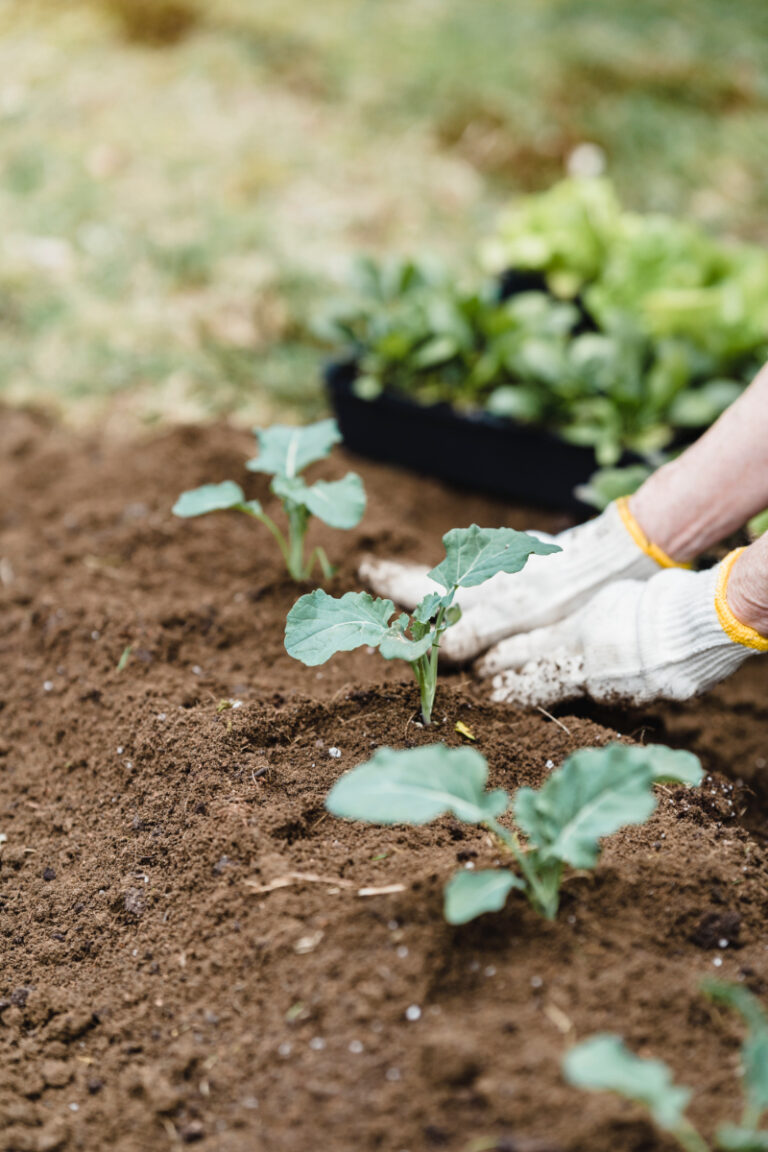The Benefits of Heirloom Seeds
Heirloom seeds, also known as heritage seeds, serve as a vital link to our agricultural past, carrying within them the rich genetic history of countless generations of local farmers and home gardeners.
These treasured seeds have gained attention and appreciation in recent years as more people recognize their invaluable role in preserving biodiversity and cultural heritage and promoting sustainable agricultural practices.
This article will explore the many benefits of heirloom seeds and examine their significance for the future of our food systems and the environment.
The Benefits of Heirloom Seeds: Preserving Heritage and Cultivating Diversity
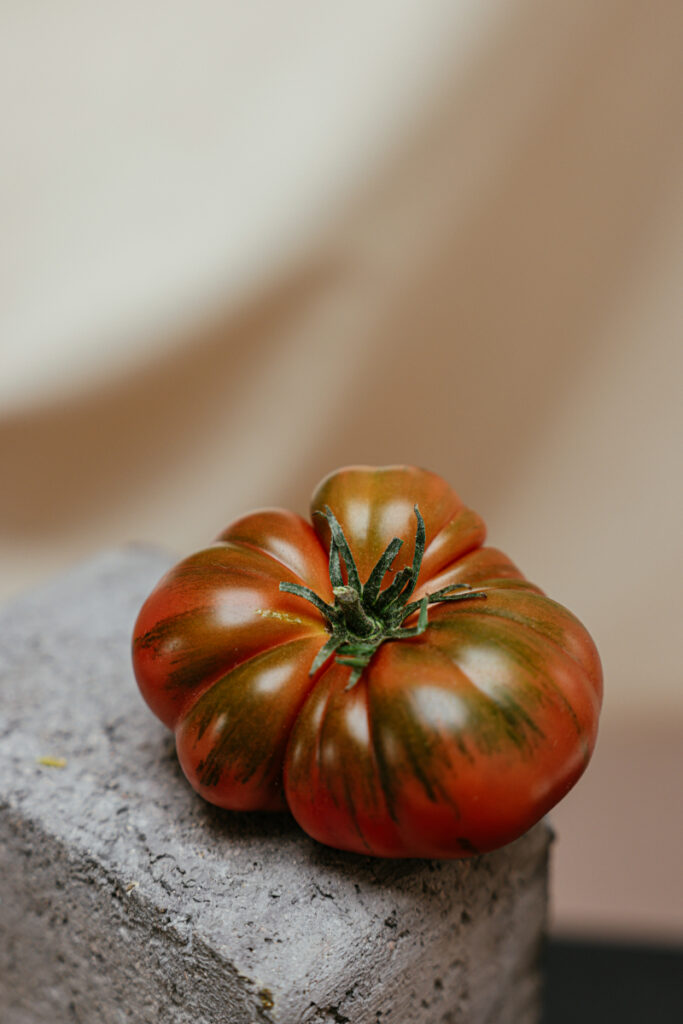
Genetic Diversity
Genetic diversity is a critical aspect of plant health and resilience. It ensures that plant populations have a wide range of traits, allowing them to adapt and thrive in various environmental conditions.
Heirloom cultivars are crucial in preserving this genetic diversity, representing unique and diverse plant varieties passed down to the next generation from the parent plant. This diversity found in heirloom seeds offers several benefits, including increased pest resistance, diseases, and changing environmental factors.
As the world faces climate change and habitat loss, the genetic diversity preserved within heirloom seeds becomes even more critical.
Cultural Heritage
Heirloom seeds hold immense cultural and historical value, as they embody the agricultural traditions and practices of generations of gardeners and farmers.
By cultivating these time-honored varieties, we can maintain a connection to our ancestors and their relationship with the land. Each heirloom variety carries with it a unique story, reflecting the people who nurtured and preserved it through the years.
Growing the right seeds allows us to honor and celebrate the rich history of human interaction with the land and helps ensure that these cultural connections and agricultural legacies are not lost.
As we continue to face the challenges of modern commercial agriculture and the loss of traditional knowledge, the preservation and cultivation of heirloom seeds become increasingly important.
Through these seeds, we can keep the stories and wisdom of our ancestors alive and share them with future generations.
Better Taste and Delicious Flavor
Heirloom vegetables and fruits are often celebrated for their exceptional taste, flavor and nutritional value, setting them apart from many modern, commercially bred hybrid varieties found in the grocery store.
Heirloom seeds have been carefully selected and passed down through generations based on their outstanding taste profiles, resulting in a rich and diverse array of flavors that can be savored and enjoyed. One of the most common examples of this is heirloom tomatoes, they taste, color, look and texture is so unique and so worth the extra effort and/or cost.
Culturing heirloom varieties allows us to experience the true essence of the produce, offering a depth and complexity of taste often lacking in mass-produced, uniform crops.
By growing and consuming heirloom vegetables and fruits, we can rediscover unique and forgotten flavors from the past and appreciate their remarkable culinary experiences.
In addition to the superior taste, heirloom varieties also provide an opportunity to explore new and diverse recipes, celebrating the rich culinary heritage of these plants.
Seed Saving and Adaptability
Heirloom seeds enable gardeners and farmers to practice seed saving, a time-honored tradition of collecting and preserving seeds from one growing season to the following year. This practice fosters self-sufficiency and independence from commercial seed companies and promotes adaptability in heirloom plants and seed varieties.
As heirloom seeds are cultivated and saved over multiple generations, they become better adapted to specific local conditions, such as soil type, climate, and pest pressures. This process of natural selection results in more robust and more resilient crops that can thrive in their unique environments and local climate.
Seed saving also encourages the exchange of seeds among gardeners and farmers, fostering community connections and collaboration.
By sharing and swapping heirloom seeds, we can collectively preserve and enhance the genetic diversity of our food systems, ensuring the continued availability of these valuable plant varieties for future generations. Look up a seed savers exchange near you, I bet you’ll be surprised how many there are in your area. Facebook is a great place to start the search.
Through seed saving and adaptability, heirloom seeds contribute to the resilience and sustainability of our agricultural practices.
Sustainability and Resilience
Heirloom seeds play a significant role in promoting sustainability and resilience within our food systems.
By cultivating heirloom fruits and vegetables, gardeners and farmers reduce their reliance on commercial seed companies and genetically uniform hybrid seeds and hybrid plants. This independence empowers individuals to have more control over their food sources and encourages the preservation of diverse plant genetics.
Growing heirloom garden seeds can also contribute to more sustainable agricultural practices, as many heirloom varieties are well-adapted to their local environments and require fewer chemical inputs, such as pesticides and fertilizers. Related article: Want to make your own fertilizer?
Reducing chemical use supports healthier ecosystems and promotes organic gardening, benefiting the environment and human health.
The inherent adaptability and resilience of heirloom seeds make them an invaluable resource in the face of global challenges like climate change and too much human intervention in our food supply chain.
As environmental conditions shift, the genetic diversity preserved within heirloom seeds can provide the basis for developing new varieties that can withstand these changes, and disease resistance, ensuring the continued success of our agricultural systems.
Biodiversity and Ecological Balance
Heirloom seeds contribute significantly to biodiversity and ecological balance in gardens and farms. Heirloom seeds help create a more complex and balanced ecosystem that supports many organisms, including pollinators, beneficial insects, and wildlife, by cultivating a diverse range of plant varieties.
Biodiversity is essential for our ecosystems’ overall health and resilience, as it ensures that various species can coexist and thrive, each fulfilling their specific roles within the environment.
This balance promotes natural pest control, nutrient cycling, and other essential ecological processes, reducing the need for chemical interventions and fostering a more sustainable approach to agriculture.
Moreover, preserving heirloom seeds and cultivating diverse plant varieties also play a crucial role in supporting pollinators, such as bees and butterflies.
Many heirloom flowers, vegetables, and fruits provide essential food sources and habitats for these pollinators, whose populations are under threat due to habitat loss and pesticide exposure.
By growing heirloom organic seeds, we not only preserve the genetic diversity of our plants but also contribute to the conservation of vital pollinator species and the overall ecological balance of our environment.
Community and Preservation Efforts
Heirloom seeds are pivotal in community-based seed banks, preservation, and seed-sharing initiatives. By working together to protect and share heirloom varieties, gardeners, farmers, and organizations can ensure their continued availability for future generations and contribute to conserving genetic diversity within our food systems.
Community seed banks serve as valuable repositories for heirloom seeds, allowing individuals to access and exchange diverse plant varieties often unavailable through commercial channels.
These seed banks foster collaboration, knowledge-sharing, and community-building among members, promoting a more localized and sustainable approach to agriculture.
Supporting seed-saving organizations and participating in local seed exchanges are essential to preserving heirloom varieties and their cultural heritage. By contributing to these efforts, we actively safeguard our agricultural legacy and promote biodiversity within our gardens, farms, and communities.
Conclusion
In conclusion, heirloom seeds offer numerous benefits, from genetic diversity and cultural heritage to sustainability and ecological balance.
By embracing heirloom varieties, we can each play a part in preserving our agricultural history, cultivating resilient food systems, and nurturing a thriving, biodiverse environment for next year and future generations ahead of us.
